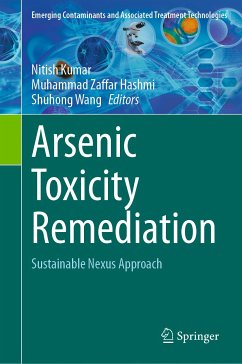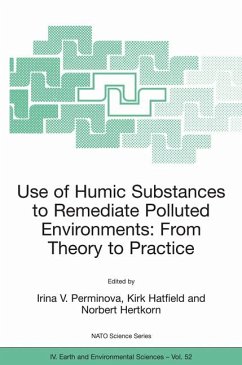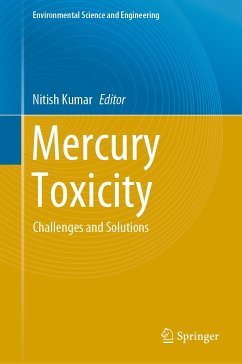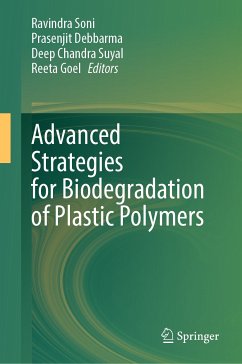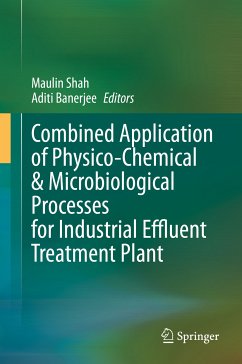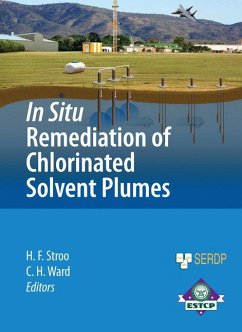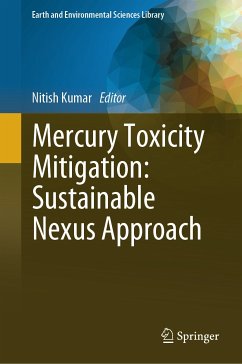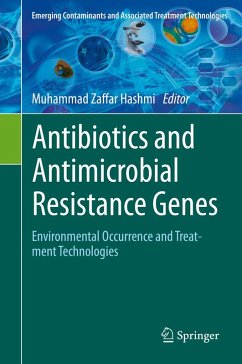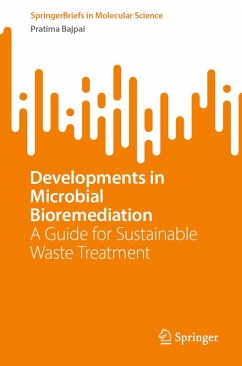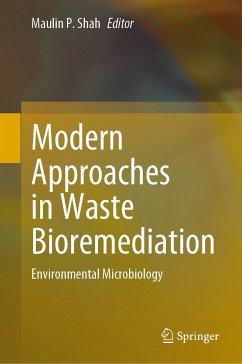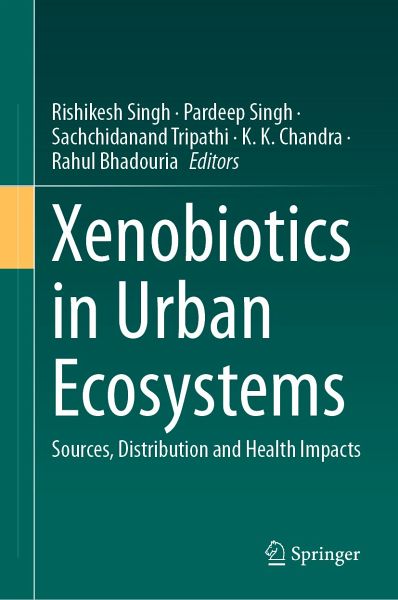
Xenobiotics in Urban Ecosystems (eBook, PDF)
Sources, Distribution and Health Impacts
Redaktion: Singh, Rishikesh; Bhadouria, Rahul; Chandra, K. K.; Tripathi, Sachchidanand; Singh, Pardeep
Versandkostenfrei!
Sofort per Download lieferbar
120,95 €
inkl. MwSt.
Weitere Ausgaben:

PAYBACK Punkte
60 °P sammeln!
This volume provides state-of-the-art knowledge on xenobiotics in urban ecosystems, addressing a wide range of related issues, such as xenobiotic types and chemical composition, environmental fate, remedial approaches, regulatory policies and socioeconomic impacts. The book incorporates theoretical and practical aspects pertaining to xenobiotics to assess their threat level in urban environments, while determining appropriate responses and remediation measures to curb harmful impacts and prevent future contaminations. The book will be of interest to soil scientists, ecological engineers, agric...
This volume provides state-of-the-art knowledge on xenobiotics in urban ecosystems, addressing a wide range of related issues, such as xenobiotic types and chemical composition, environmental fate, remedial approaches, regulatory policies and socioeconomic impacts. The book incorporates theoretical and practical aspects pertaining to xenobiotics to assess their threat level in urban environments, while determining appropriate responses and remediation measures to curb harmful impacts and prevent future contaminations. The book will be of interest to soil scientists, ecological engineers, agriculturists, urban policymakers, students and researchers working in the field of urban agriculture and environmental sciences.
Dieser Download kann aus rechtlichen Gründen nur mit Rechnungsadresse in A, B, BG, CY, CZ, D, DK, EW, E, FIN, F, GR, HR, H, IRL, I, LT, L, LR, M, NL, PL, P, R, S, SLO, SK ausgeliefert werden.



